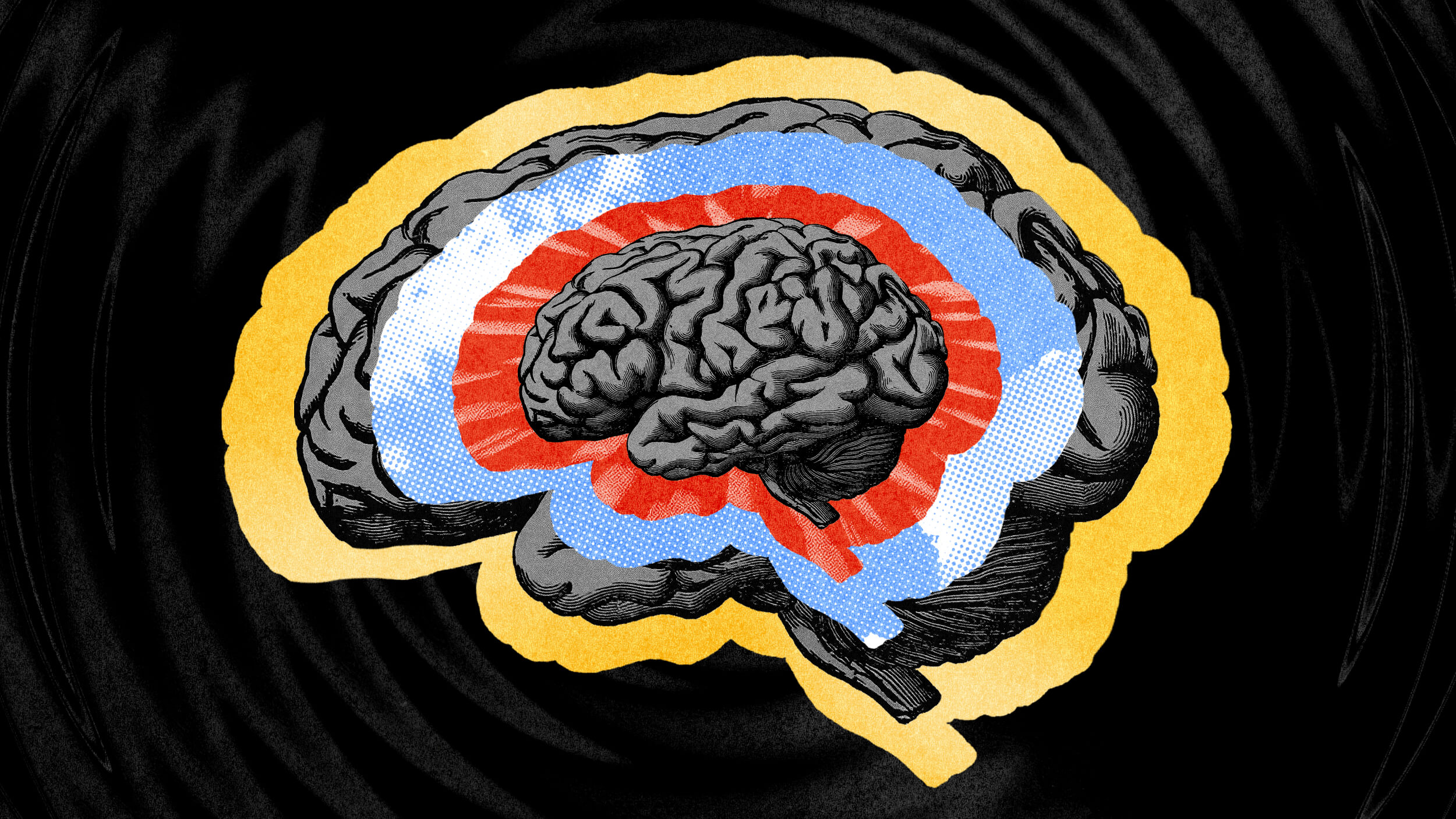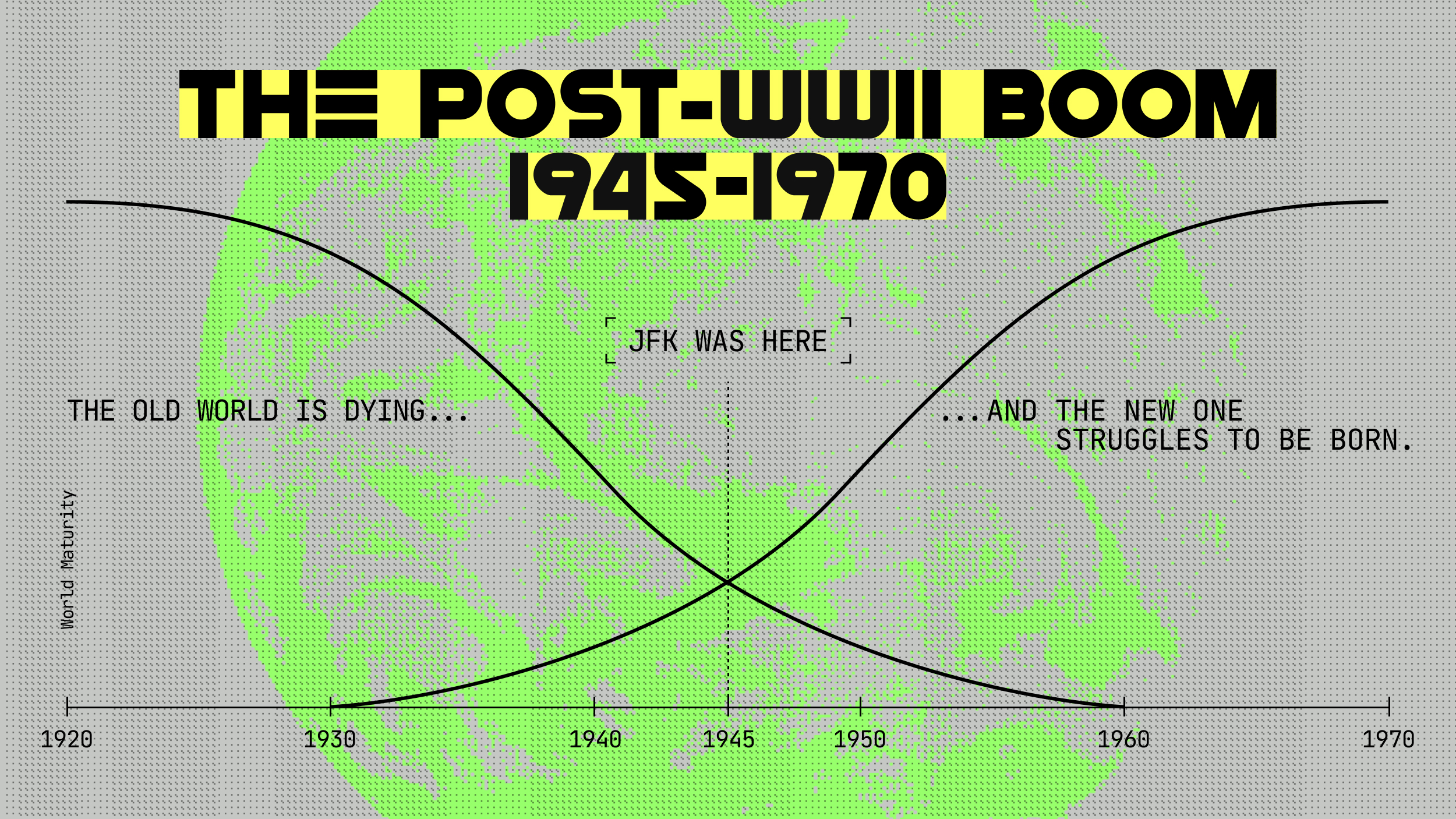Experts Debate the Compatibility of AI and Religion

Here’s a hypothetical: the year is 2035, you and your family are vetting churches, and you’re sitting in on a homily being delivered by Pastor Asimo at the 10th Street Presbyterian Church of Humans and Robots. You’re old-fashioned, having lived in a time when the most advanced versions of AI lived in graphing calculators. You wonder if you could ever bring yourself to be led by a frocked robot. But then you think: is that prejudiced? That sounds prejudiced. Who are you to judge, after all? God? And so you swallow your 20th century pride and enter into the congregation of the consummate 21st century clergyman… er, clergybot.
Okay, that’s kind of a silly situation, but the key questions are the same as are currently being debated by experts in both theology and computer science: are religion and artificial intelligence compatible? And if so, will religious leaders attempt to welcome advanced AI into the flock?
[Note: An earlier version of this story misattributed the following. It’s since been fixed. I apologize for this error.]
There was a great piece published at Gizmodoearlier this week that featured all sorts of opinions on the matter. The author, transhumanist philosopher Zoltan Istvan, interviewed experts from across a spectrum of expertises to investigate the confluence of advanced AI and religious teaching.
For example, there’s Reverend Dr. Christopher Benek, an associate pastor of Providence at the Presbyterian Church in Florida, who says the following:
“‘I don’t see Christ’s redemption limited to human beings… It’s redemption to all of creation, even AI… If AI is autonomous, then we have should encourage it to participate in Christ’s redemptive purposes in the world.'”
As Istvan explains, what’s really at the root of this discussion is whether advanced intelligence can have a soul. Or, as I suppose it should be clarified, what we perceive to be a soul. After all, this may just be a certain level of autonomous reasoning. Another question to be raised is where the line is drawn, if it exists at all, that would need to be crossed before AI is welcomed into micro-communities such as a religious congregation.
Another of Istvan’s interview subjects, the Christian theologian James McGrath, believes that a religiously indoctrinated computer could “seek to enforce all the Biblical legislation in every detail,” which is extremely troubling. Religious fundamentalists are freaky enough when they’re (mostly) harmless. Imagine if they were armed with super human cognition and connected to every computer system on Earth.
You can’t really have a discussion about AI these days without dwelling on the harbingers of eventual human doom. If a religious fundamentalist robot were to emerge and want to enforce the Bible to the strictest letter of the law (so long, shellfish!), it’s likely other similar forms of AI bent on admonishing, enslaving, or eradicating humanity would necessarily also exist, each with their own agendas. Religion and advanced AI may or may not be compatible. If so, it’s unlikely it would be the only mortal threat to humanity.
Be sure to check out the full piece at Gizmodo. It’s an in-depth look into a subject rarely broached on the main stage of cultural conversation. Advanced AI is coming — perhaps as soon as by 2025 — and we better have all our cards in the deck when it does.
Photo credit: Adam Vilimek / Shutterstock





